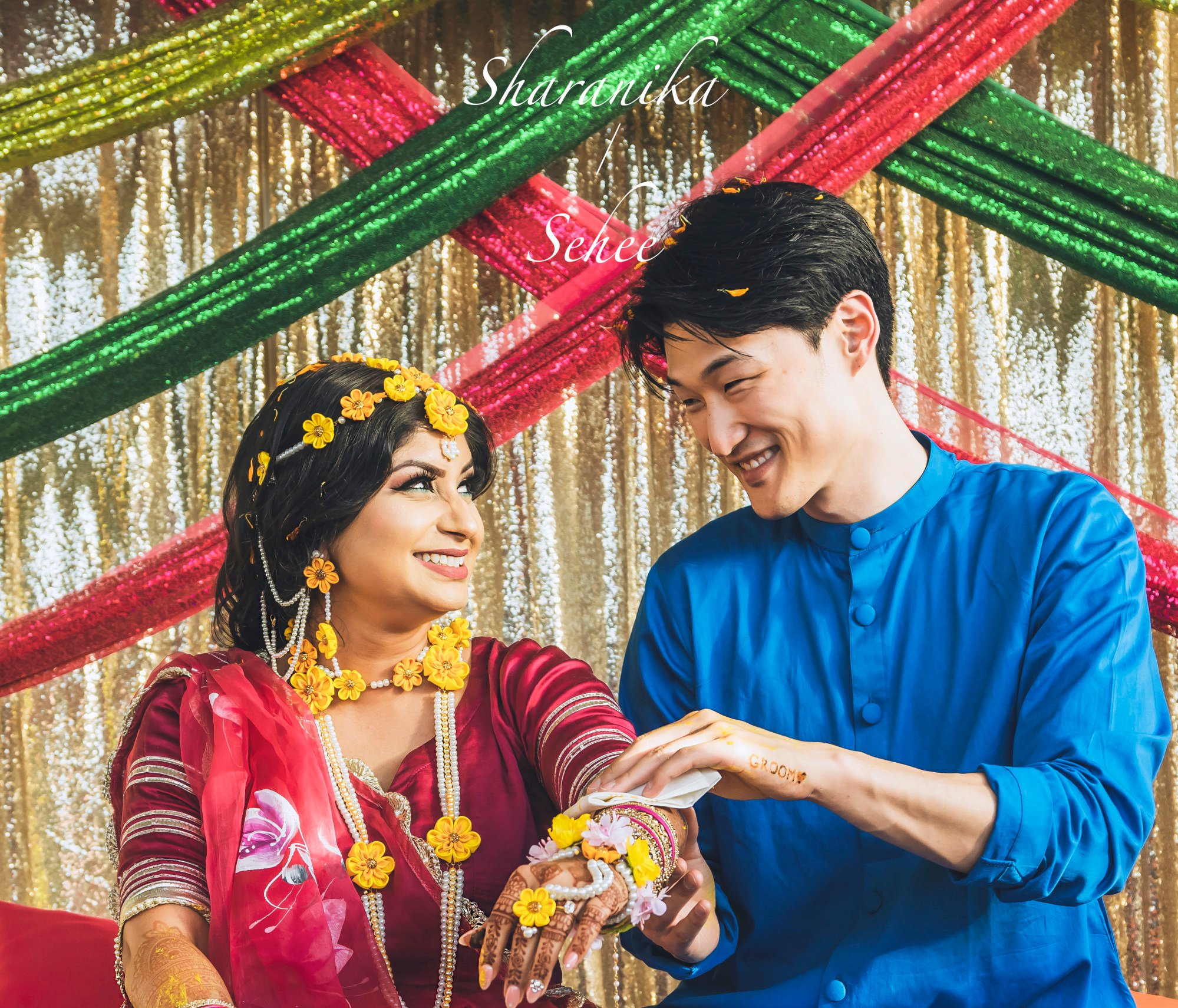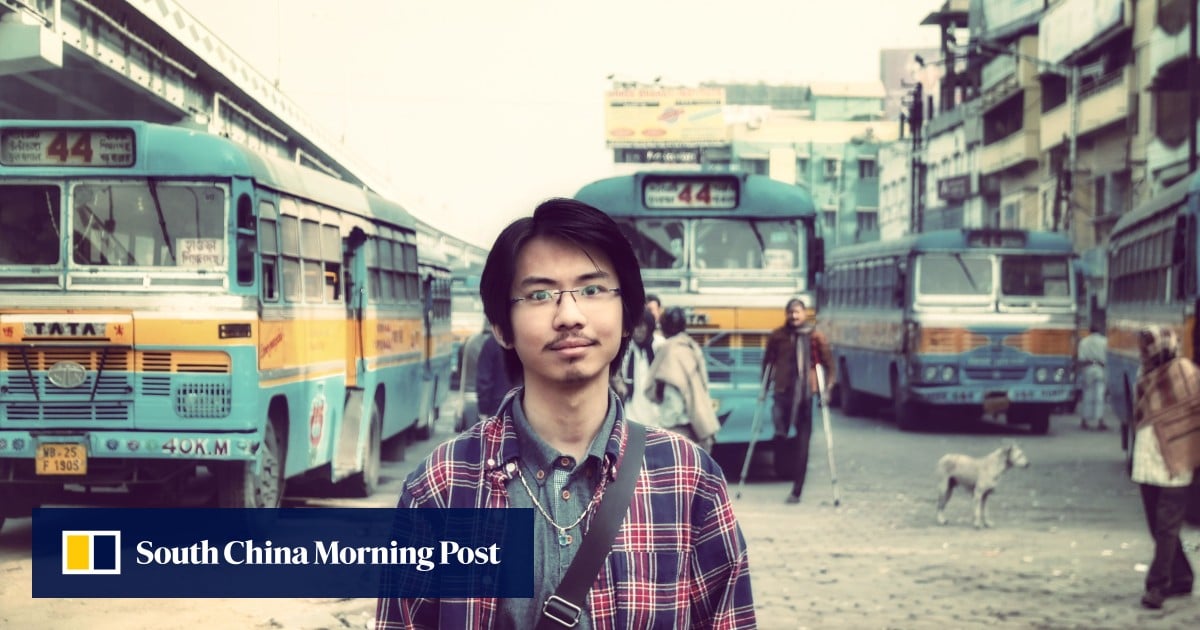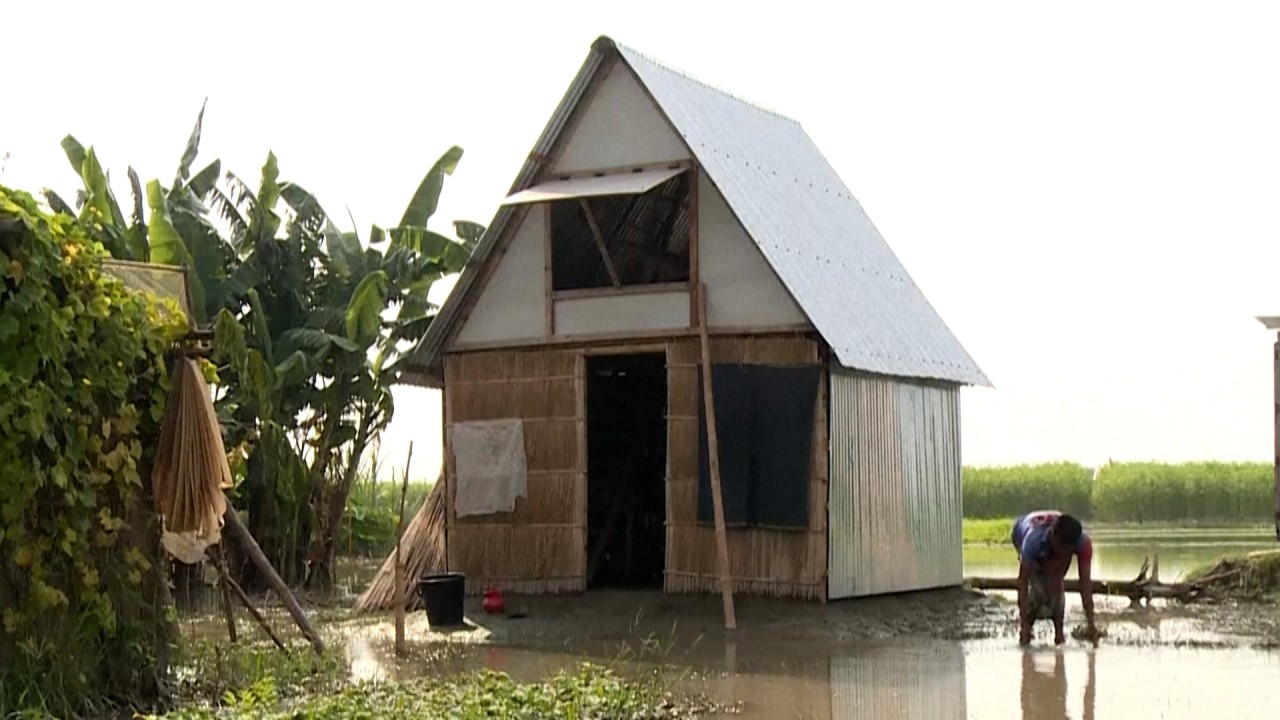“I love Bengal’s unique culture and [knowing] the language is the best way to understand and experience the culture,” the 26-year-old told This Week In Asia, who said he is a huge fan of the Bengali detective series Feluda and adventure series Kakababu.
Modi-backed Article 370 film rankles as political jousting moves to cinema
Modi-backed Article 370 film rankles as political jousting moves to cinema
One of Lee’s followers, Enakshi Bhattacharjee, says in a comment on Lee’s Bengali Lala YouTube channel that she is mesmerised to hear a non-Bengali person speak the language impeccably.
Luna Yogini, also known as Dasom, shares updates in Bengali about her daily activities from Seoul and places she has travelled to with her 102,000 Instagram followers, such as driving at night in Kolkata, dancing with tribal women in Santiniketan in West Bengal and sporting a new hairdo.
In one video, Luna recommends a popular antiseptic cream used by many Indian Bengalis for chapped lips. In another, she ropes in her mother to sing a Bengali song praising Kolkata, which is home to 2.7 million Bengalis.
Luna began living in West Bengal when she was five years old and was brought up by her mother, who wanted her to grow up in a multicultural environment. The 35-year-old and her mother, who works as a yoga trainer, are currently living in Seoul and setting up a yoga studio there.
Bangladeshis launch ‘India Out’ campaign over alleged meddling linked to Hasina
Bangladeshis launch ‘India Out’ campaign over alleged meddling linked to Hasina
In one video, Luna explains in Bengali that she has grown to love India due to her growing up years in West Bengal and that she has friends and family members living there.
One of her followers, Prapti Bindu, praises Luna’s fluency in Bengali, saying the South Korean influencer can speak the language better than most Bengalis.
Across the border in Dhaka, Joseph Kim runs Koreanbhai, a YouTube channel with some 369,000 followers from which he posts videos about his experience in Bangladesh, where he has lived for more than 12 years.
In one video, Kim says he began learning Bengali to know more about the country’s culture while he was studying economics at the North South University in Bangladesh.
Kim, who calls himself a YouTuber, an entrepreneur and an activist, tells his followers that he has a dream of building a school for underprivileged children in the country. He has worked with a non-profit organisation to help local schools in Khulna, Bangladesh. In one video, Kim says the Bangladeshi culture makes him feel welcome in the country like he is part of a “big family”.
One of his followers, Sheikh Ahmad Baki Billah, says Kim loves Bangladesh “more than many of us” and that the government should give him honorary citizenship. Another follower, Tonmoy Chowdury, urges Kim to continue staying in Bangladesh as he considers the South Korean a Bangladeshi citizen.
Bangladeshi-American Sharanika Akter, 30, discovered that more people followed her Instagram account after she shared videos last August of her wedding in New York, where she and her 33-year-old husband Sehee Kim observed traditional Bengali rites.

A year ago, South Korean boy band Tan, girl group ICU and taekwondo performance team Nolja performed in Dhaka at a K-pop concert organised to celebrate the 50th anniversary of diplomatic ties between South Korea and Bangladesh. Ahead of the event, the band members of Tan endeared themselves to Bangladeshis after they spoke briefly in Bengali in a video about their concert in Dhaka.
Among them is South Korean poet Kim Yang-shik, who translated Tagore’s collection of poems Gitanjali from English to Korean and set up the Tagore Society of Korea in Seoul in 1981.
Google AI’s answer on whether Modi is ‘fascist’ sparks outrage in India
Google AI’s answer on whether Modi is ‘fascist’ sparks outrage in India
Boston-based Korean academic Jeon Seung-hee, who has translated a novel by Bangladeshi author Shaheen Akhtar titled Talaash about the lives of Birangona women decades after the 1971 Bangladesh Liberation War, noted the rising popularity of Bengali culture among South Koreans. She explained this was partly due to the shared experiences of South Koreans and Bangladeshis in their fight to use their respective languages prior to independence.
The South Korean and Bengali languages also share some similarities such as grammar and sentence structure, said Jeon, who is an associate professor and the Korean coordinator at Boston College.
“The sounds of Korean and Bengali words are also similar. The Bengali writing system is phonetic, which is easy to learn,” Jeon told This Week In Asia.
Such linguistic similarities are what spurred YouTuber Lee to learn the Bengali language in the first place, and he continues to attract more fans in South Asia due to his fluency.
“These similarities attracted me more to Bengali people and when I speak their language, they are more friendly to me,” he said.


